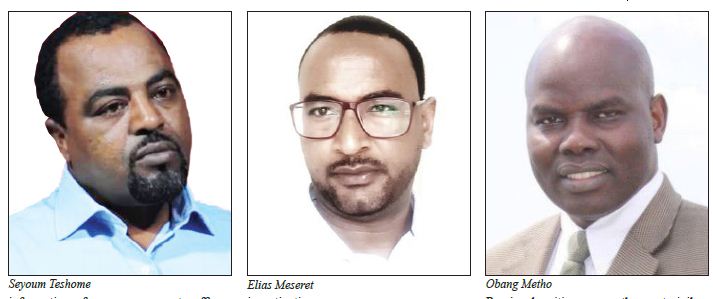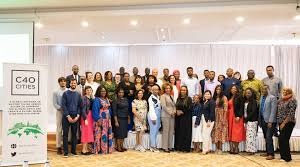
Ethiopia has a long track history of limiting the rights to freedom of expression. Since recently, the government has been undertaking many reforms to change this reality and renew a sense of optimism.
Elias Meseret has been practising journalism for almost a decade. He tells The Ethiopian Herald previously journalists faced various challenges while preparing a news story.
“Officials used to force journalists to prepare stories in their interest. Even, after the stories are published, they gave warnings to reporters. In short, the situation did not permit journalists to work freely.”
Relatively speaking, the situation is improving. Journalists are now expressing their ideas and opinions, Elias says.
“But this does not mean that freedom of expression is perfect in Ethiopia. Recently some journalists who are working in the private media have been arrested,” Elias says. “Committee to Protect Journalists (CPJ) and Amnesty International also expressed their concerns.”
Elias says though it is not appropriate to comment on court cases, he shares the concerns.
On the other hand, Elias says, though the country is freer than before, it has become difficult for journalists to access information from government offices. “Now, there is no responsible body assigned to do the job.”
Obang Metho, human rights activist, says the situation of freedom of expression was worse when he left the country to the US. “There is no doubt that things are improving now.”
But some challenges are hindering its progress. “As ethnicity has got a special place in the current political discourse, citizens and political parties are facing difficulties to go to different places and express their views.”
He also expresses his concern over the arrest of individuals including jouralists in relation to the recent failed coup attempt without conducting a thorough investigation.
“Though the current situation is incomparable with the previous state, there is also a need to further improve the situation,” Obang says.
Noting it is difficult to ensure progress in freedom of expression without press freedom, he urges the media to stand in support of the interests of the public. He also urges the government to prioritize building strong institutions to ensure freedom of expression.
Activist Seyoum Teshome on his part says freedom of expression is one of the most important rights for human beings. Freedom of expression is directly related to the essence of humanity and should never be restricted.
Previously, citizens were thrown to jail or forced to leave the country, simply because they expressed their views. “That is the main reason that led us into a political turmoil in the past.”
The previous regimes in Ethiopia did not want to protect the people’s right for freedom of expression, Seyoum says. “That is why they were toppled down through revolutions.”
In today’s Ethiopia, the state of freedom of expression is relatively getting better. But it is difficult to change the whole situation at once, he adds.
“Our culture and readiness as a society to entertain freedom of expression is also questionable. We have to work harder to bring change at societal level,” says Seyoum.
The Ethiopian Herald Sept 19/2019
BY GIRMACHEW GASHAW





